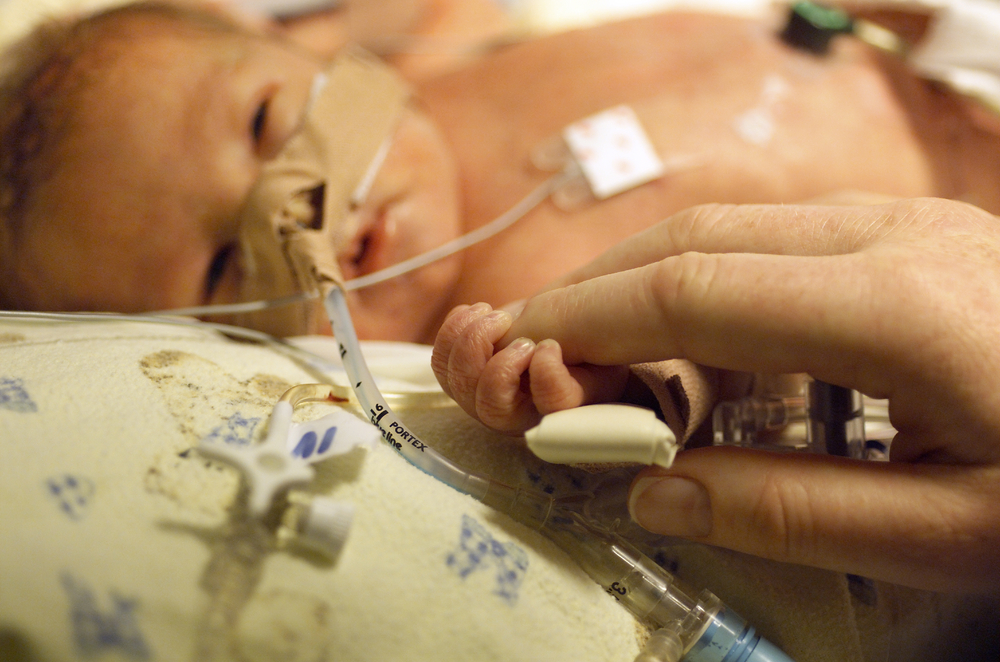Pulmonary Hypertension in Premature Babies Linked to Severe Bronchopulmonary Dysplasia
Written by |

Pulmonary hypertension and long-term infections in premature babies can lead to them developing a severe form of bronchopulmonary dysplasia (BPD), also known as chronic lung disease of infancy, according to a study published in the scientific journal Global Pediatric Health.
This finding can help to inform parents about a possible condition that might affect an infant, and possibly result in more routine echocardiography screenings of premature babies, a recommended main screening tool for pulmonary hypertension. Such screenings could help identify those more likely to develop heart and lung diseases.
Early identification of these babies may also aid researchers in developing new approaches to prevent the progression of BPD.
Dr. Yan-Ping Xu, the author of the study, “Bronchopulmonary Dysplasia in Preterm Infants Born at Less Than 32 Weeks Gestation,” analyzed 42 infants born prematurely (less than 32 weeks) and admitted to the neonatal intensive care unit at Children’s Hospital of Zhejiang University School of Medicine in Hangzhou, China, between July 2013 and July 2015. All babies received oxygen treatment, some for about three months, and 31 required breathing assistance with a ventilator for one to 135 days after their birth.
The results showed that almost 36% of the babies had severe BPD, around 40% had moderate BPD, and almost 24% had a mild form. Severe BPD was more often seen in babies with longer hospital stays, and those who were on a ventilator, and given oxygen supplementation and antibiotic treatment for a longer period.
Since use of a ventilator and supplemental oxygen was longer in babies who developed pulmonary hypertension, Xu concluded that early pulmonary vascular disease (including pulmonary hypertension) and long-term infections in premature babies contribute to an increased chance of developing severe BPD.
According to the author, one limitation of the study is that it was conducted at only one center. Larger studies should be performed to validate these findings.
BPD is a chronic lung disorder that affects premature babies. It is characterized by under-development or abnormal development of the lungs, which can lead to long-term lung diseases. The factors that influence the severity of BPD include inflammation, oxygen toxicity, mechanical ventilation, and other interventions carried out at neonatal intensive care units.



